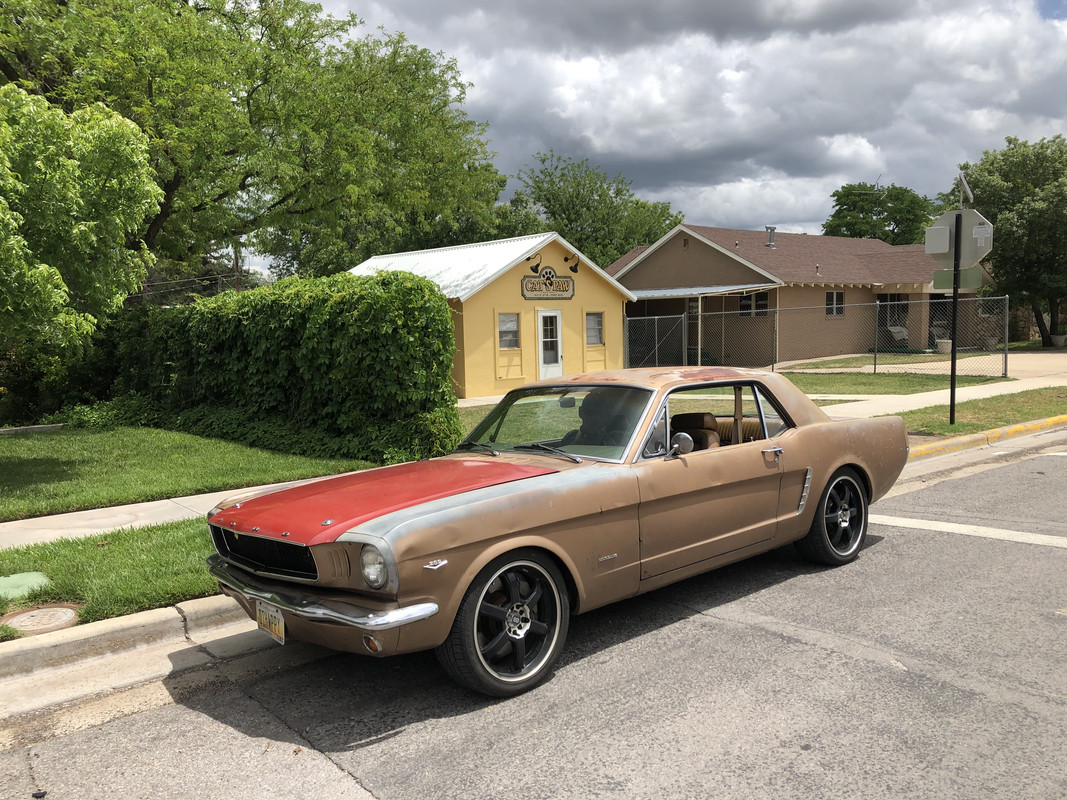One thought is that occasionally when you allow the pushrod in the master to travel more than it normally does (as when bleeding the brakes) and its old there can be rust/scale, etc. on the pushrod that trashes the seals in the master. It may not leak externally, but just kind of bypasses the fluid internally leading to it constantly seeming like its got air in the system. If this is what is sounds like its doing I'd swap in a new master and don't forget to bench bleed it.
I will also say that just because something doesn't leak fluid doesn't mean it doesn't leak air. Years ago I installed a set of NAPA fuel filters on my Diesel F250. Truck started and ran fine. I was out driving and it just died. Low on fuel I thought maybe I ran out, so I filled it up, and it fired right back up. I got home, no issue. The next morning it started fine, but died while I was maybe 1 mile from home. I got it started and limped it back, constantly stalling, having to wait, driving a short distance, etc. I couldn't think what could be causing it, so I talked to my mechanic neighbor, and he gave me one of the best pieces of advice I've gotten about diagnosing a problem: "What did you do to it last?" I thought about the filters, but couldn't believe that was the issue, but as he's a very smart guy I climbed underneath it and took a look at the frame rail mounted filter. I noticed the cap was not fully seated even though it was tight. I drained it, and pulled the cap off. I tried to reinstall it, and it only went the same distance in (it had not been cross threaded or anything). I made sure the filter was seated correctly, which it was. Out of ideas I pulled the new o-ring I'd installed when I changed the filters off the cap and found it threaded in just fine without the o-ring. I went to Ford and bought a Motorcraft filter set. I looked at the o-ring for the cap and immediately realized what the issue was: the NAPA o-ring was WAY too hard and prevented the cap from seating fully. This allowed it to suck air, even though it didn't leak a drop of fuel. It kept stalling due to being air bound. When I let it sit the air dissipated and it would restart until it sucked in enough air to kill it again. Of course I only used Motorcraft or Racor (who makes the filters for Motorcraft) from then on and never had another issue. Lesson learned, just because it didn't leak fuel didn't mean it couldn't suck air. Something to think about.

 1
1 

 MS wrote:
MS wrote:




